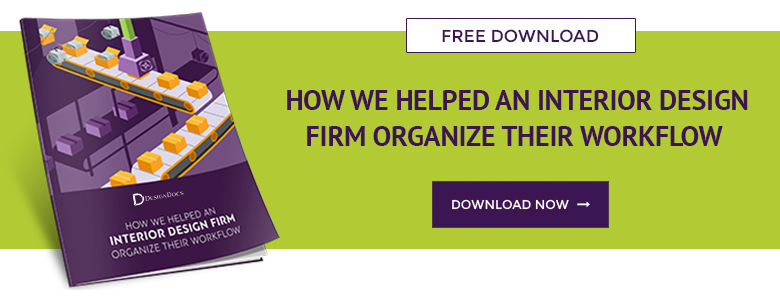Work related stress is a common ailment that everyone experiences. While a little bit is okay, too much can negatively impact your work habits. If you feel that work related stress is seriously affecting your habits, you’llwant to understand how it happens, common side effects, and methods to combat it.
Work and Stress: A Fraught Relationship
Stress and work go together like peanut butter and jelly. Too much of either, though, and you’ll feel like you ordered the wrong sandwich. A little bit of stress is good: It drives performance and is motivational. Too much will leave you feeling burnt out and dragged down.
For many people, a gradual increase in stress is good because it provides the resources to meet the job requirements and tackle day-to-day challenges. Like anything, it has a breaking pointthataffects your ability to do any work such as making daily decisions. Too much stress can even result in inconsistent behaviour.
Each designer has different limits and tolerance levels when it comes to stress. A little bit keeps you on your toes and alert to prevent mistakes and reduce errors, while too much, like extremely tight deadlines, long hours, and demanding clients, can push you over the edge. Stress and work require a delicate balance.
Common Side Effects
When work related stress becomes too much to handle, many find themselves all over the emotional map, feeling overwhelmed by all the items on their to-do list. This causes a sense of panic and fear that everything can’t be done, leaving behind negative resentment affecting your relationship with your coworkers and other aspects of business.
Feeling this strained can leave you more sensitive to criticism and quickly jumping on the defensive.It affects overall health, eating patterns and can cause pains not previously experienced. You may find yourself feeling particularly anxious, disinterested, and tired. It can be hard to concentrate, and cause social withdrawal.
Too much stress is demotivating.Where before you were ready to tackle daily tasks, it now seems like there’s no end in sight. It can be harder to process new information or remember what happened yesterday. Mental focus decreases and makes it hard to concentrate as you’re easily distracted by everything else occurring in the workplace.
How to Fight It
Fortunately, there are many ways to combat work related stress. Most options require minor changes to daily routines that ease current processes and assist in performance.
Create a work/life balance:plan things outside of your 9-5 hours, pick up new hobbies, and schedule dates with friends. Work is consuming but it shouldn’t take over your entire life. Leaving your office—wherever the designated space is, and not going back until the next day, is a key tactic to consider.
Stop multi-tasking. Studies continue to show this is incredibly ineffective: working on multiple things means nothing actually gets done. Multi-tasking only adds to stress because constantly switching between tasks means nothingseems to ever be finished,creating more feelings of disorganization.
Micromanage your schedule to create time for the small things. When neglected, these tiny tasks add up and significantly raise the stress meter. Dedicating a bit of time each day instead of saving it last minute will keep you on track. Also consider hiring outside help, such asa part-time assistant or bookkeeper to help you manage peripheral tasks and take some of the weight off your shoulders.
If problems persist or the stress doesn’t seem to decrease, it may be time to talk to someone to avoid negative feelings to worsen. Stress is a common factor that affects everybody. However, if you notice stress negatively impacts your work and you can’t improve things, it could be time to seek outside assistance. Don’t let work related stress go unnoticed.



